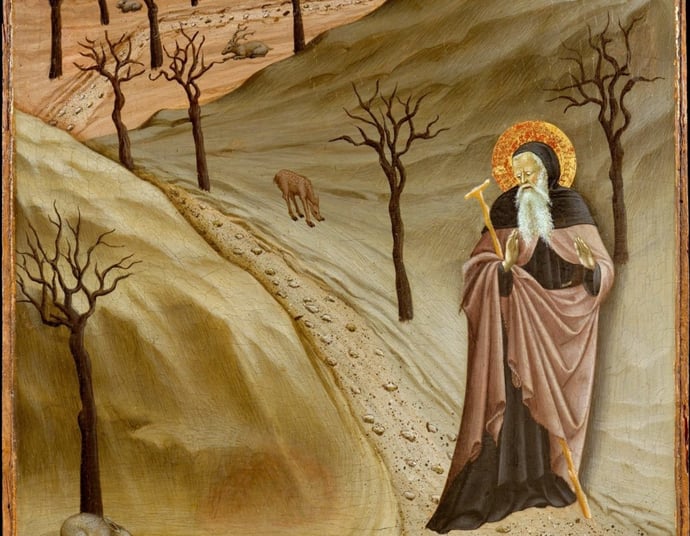Podcasts
Each 1517 Podcast is dedicated to delivering Christ-centered content through weekly, monthly, and seasonal audio platforms. Listen online or on your favorite podcasting app.
Author
- All Authors
- Aaron Zimmerman
- Adam Francisco
- Amy Mantravadi
- Blake Flattley
- Bob Hiller
- Bradley Gray
- Brian W. Thomas
- Bror Erickson
- Bruce Hillman
- Caleb Keith
- Chad Bird
- Chris Rosebrough
- Christopher Gillespie
- Cindy Koch
- Craig Donofrio
- Dan van Voorhis
- Daniel Deen
- Daniel Emery Price
- Darrin Sheek
- David Andersen
- David Rufner
- David Zahl
- Debi Winrich
- Delwyn Campbell
- Donavon Riley
- Doug Klembara
- Edward Killian
- Elyse Fitzpatrick
- Erica Sorensen
- Erick Sorensen
- Flame
- Grant Klembara
- Gretchen Ronnevik
- Haroldo Camacho
- Jacob Smith
- Jared C. Wilson
- Jeff Mallinson
- Jeffrey Pulse
- Jessica Thompson
- Jim Nestingen
- Joel Fitzpatrick
- Joel Hess
- John Andrew Schreiner
- John Bombaro
- John T. Pless
- John W. Hoyum
- John Warwick Montgomery
- Kathy Morales
- Katie Koplin
- Kelsi Klembara
- Ken Sundet Jones
- Louis Markos
- Luke Kjolhaug
- Magnus Persson
- Mark Mattes
- Matt Popovits
- Michael Berg
- Michael Horton
- Nick Lannon
- Paul Koch
- Peter Nafzger
- Philip Bartelt
- Raleigh Sadler
- RJ Grunewald
- Robert Kolb
- Rod Rosenbladt
- Ron Hodel
- Ryan Tinetti
- Sam Leanza Ortiz
- Sarah Condon
- Sarah Crowder
- Scott Davis
- Scott Keith
- Steven Paulson
- Tanner Olson
- Troy Neujahr
- Uwe Siemon-Netto
- Wade Johnston
- William Cwirla
-
Theologian and Biblical Scholar, John Kleinig, joins Kelsi to discuss the vision the Bible gives us for God's redemptive plan as a wholly physical, spiritual, mental, and emotional endeavor.
-
Walk Like An Augustinian. In this episode, we discuss preaching while reading Augustine’s, On Christian Teaching, where he explains the importance of heavenly wisdom, eloquence, and getting out of the way of God’s Word.
-
Who Controls Baptism? In this episode, we discuss the baptismal controversy in the early church. Cyprian, Novation, and a whole cloud of witnesses join us on the podcast this week.
-
Riley Suffers An Aneurysm. In this episode, we discuss the topic of the will while reading Anselm’s treatise on free will and its ramifications for faith, piety, and pastoral care.
-
Writer Jane Grizzle talks on what the body’s limitations can teach us about God’s work for us.
-
Today on the show, we remember St. Paula, among the earliest “Desert Mothers.”
-
Today on the show, we remember Anthony, the father of Monasticism.
-
Is It Too Early for Jesus’ Birth? In this episode, we read excerpts from various early church fathers on Jesus’ birth, with a heavy emphasis on the historicity of God’s incarnation. What part did earthly signs play in announcing Jesus’ birth? Why did it matter to the early fathers that God was born on an actual day, in an actual place, at an actual time? Do we at the present place the same emphasis as the early fathers on Jesus’ birth?
-
Today we learn of the mystery of Christ become flesh. Our normal inclination is to think of God beyond our comprehension in holy majesty – too far above for us to imagine.
-
Ted Just Admit It! He’s Always Been The Lamb. In this episode, we discuss Irenaeus’ Proof of Apostolic Preaching and what he has to say to those who make a show of faith but deny the incarnation of the Son according to the witness of Scripture.
-
Today on the show, we remember another of the “Big A’s,” St. Ambrose of Milan.



_-_Andr%C3%A9_Reinoso_(Mosteiro_dos_Jer%C3%B3nimos)%2016x9.jpg?width=690&name=Santa_Paula_Instruindo_as_Monjas_(s%C3%A9c._XVII)_-_Andr%C3%A9_Reinoso_(Mosteiro_dos_Jer%C3%B3nimos)%2016x9.jpg)




